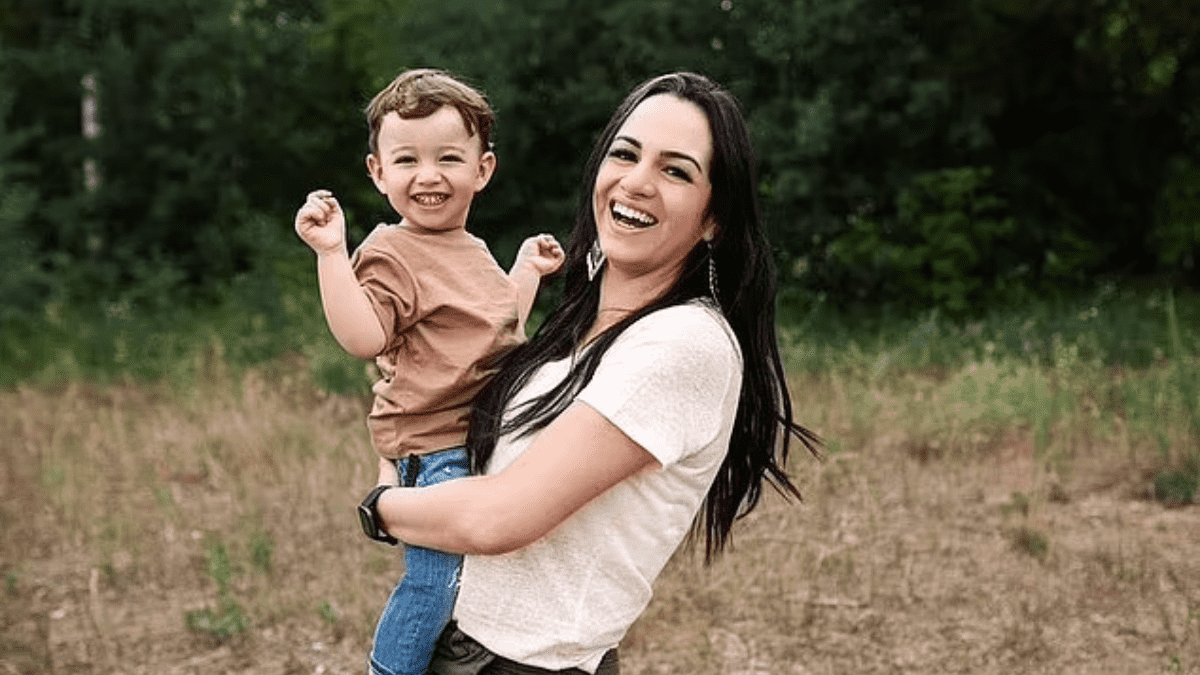The suffering of Little Jakob: Boy, 2, with 'bubble' syndrome DENIED cure as pharma says its 'not profitable enough'

A toddler with a rare genetic disorder that prevents him from playing with other children and forces him to live in a sterile "bubble" is being denied a cure because drug companies say it is not profitable enough. Even harmless germs can be deadly for the little child.
Jakob Kamil Guziak, a two-year-old toddler from Alberta, Canada, was born with severe combined immunodeficiency (SCID), a condition that deprives children of a functioning immune system. The rare condition is generally deadly. Only one out of five suffering from this condition survive up to 20 years. But, in recent years, scientists have developed treatments that are up to 95 percent effective against it.
RELATED ARTICLES
Monkeypox outbreak declared 'global health emergency' as cases spread to over 75 countries
However, these are now scarce after drug companies, including the UK-based Orchard Therapeutics, abandoned them because it was unclear how the multimillion-dollar procedures would be profitable. Mustang Bio, based in Massachusetts, is also developing a procedure, but it will cost millions of dollars. Andrea, Jakob's mother, said she had imagined her son starting school and taking swimming lessons before he was born. But, because he was unable to obtain treatment, he will have to begin nursery school at home in September, Insider reported.
Every year, approximately one in 58,000 babies in the United States are born with SCID, which is caused by inherited genetic disorders.
Children with the condition appear healthy at first, but this is only because their mother's immune system is guarding them. As this subsides, common infections and even vaccines could endanger their lives. To protect patients from everyday germs, many have been placed in plastic enclosures in the past, earning the condition the nickname "bubble" syndrome. They are also injected with enzymes to boost immunity.

Jakob hasn't left his parents' house since he was discharged from the hospital in October 2019 after routine tests revealed the condition, according to the Insider. Only his grandparents and few family friends with no kids and pets are allowed to visit him. To keep their son safe, his parents change their clothes and take a shower every time they return home from work. If Jakob sees a dog on his walks around the neighborhood, he is only allowed to pet it twice before his mother applies liberal amounts of hand sanitizer.
''Right now, we are buying time,'' Andrea told the publication. ''We cannot wait forever.'' Treatments for the condition have been developed, but are not available on the market due to the multi-million dollar costs and drug companies' inability to see how to profit from them. Current treatments rely on gene therapy, in which stem cells are extracted from the bone marrow, repaired in the lab, and then returned to patients to rebuild the immune system.
In the 2000s, British pharmaceutical giant GSK pioneered Strimvelis to help patients with the condition. However, after only 17 patients were served, they sold the rights due to financial difficulties. Orchard, a biotechnology startup working on another gene therapy for the condition, purchased it. With Dr Donald Kohn, an immunologist at the University of California, Los Angeles, Kohn developed a separate treatment for the condition — called Kohn's therapy — which also used gene therapy. Tests showed all 50 patients who received it were still alive at least two years later, and 95 percent needed no further treatment. But like at GSK it was also eventually dropped by Orchard.
The high cost of these treatments, as well as the fact that they target rare conditions, have been major impediments to companies developing them. Andrea has learned all about gene therapy and how drugs are developed. She said, ''I feel emotionally exhausted".
''I have been working tirelessly. Let's go on TV, let's go on the radio. It's a lot''. "[But] Jakob keeps me going. When I look at him, I don't want to stop. the work is not done until it's done,'' she added.










